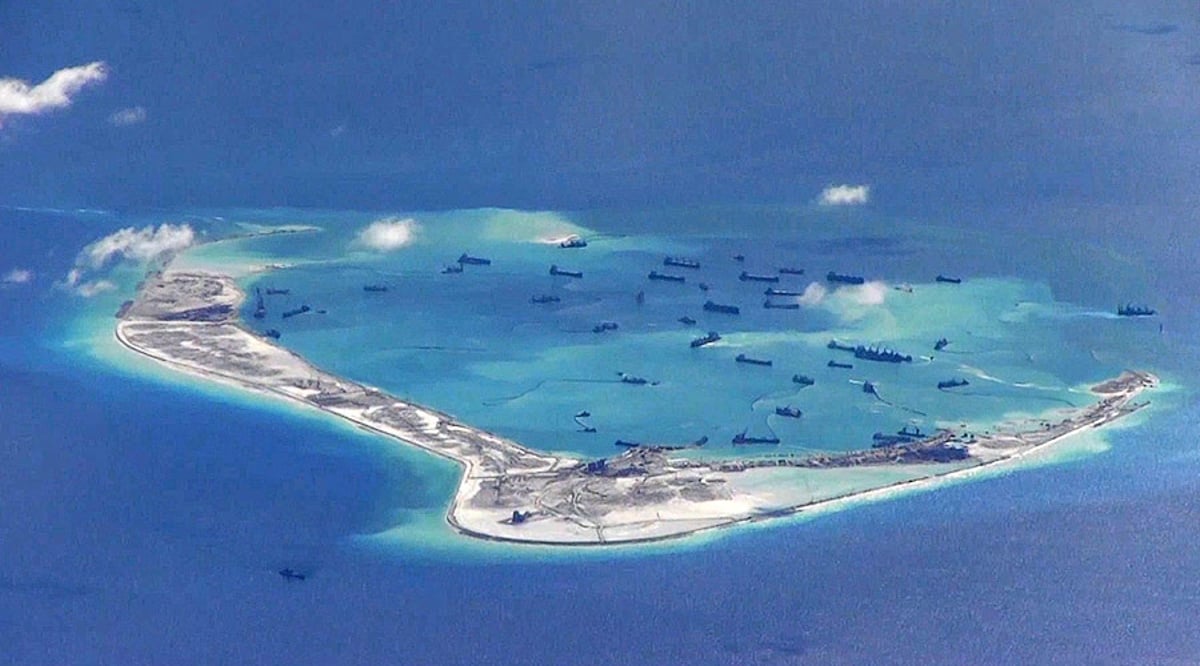Oceanic Showdown: Philippines Readies Legal Salvo Against China's Maritime Aggression

The Philippines is preparing to take a bold diplomatic stance against China, with plans to launch an international legal challenge over alleged environmental destruction in the maritime domain. Justice Minister Jesus Crispin Remulla announced that the country is finalizing its strategy to pursue legal action, targeting China's activities that have potentially caused significant damage to marine ecosystems.
This unprecedented move signals the Philippines' determination to protect its maritime territories and environmental resources through international legal channels. By seeking a platform to formally address these environmental concerns, the country aims to draw global attention to what it perceives as deliberate and harmful actions by China in contested maritime regions.
The potential lawsuit represents a critical escalation in the ongoing tensions between the two nations, with the Philippines leveraging international legal mechanisms to challenge China's maritime behavior. While specific details of the environmental damages are yet to be fully disclosed, the government appears committed to holding China accountable for any perceived ecological infractions.
As diplomatic relations remain complex, this legal strategy demonstrates the Philippines' proactive approach to defending its maritime sovereignty and environmental integrity on the international stage.
